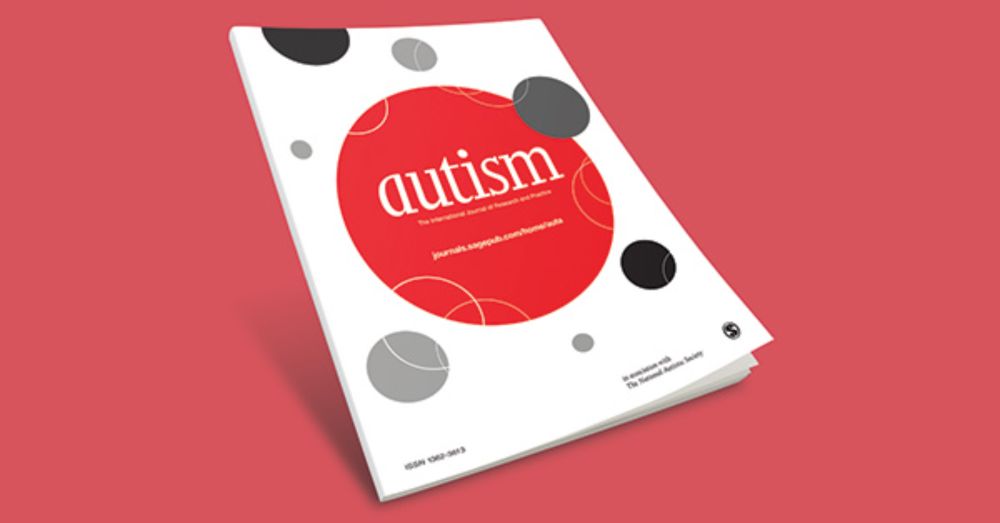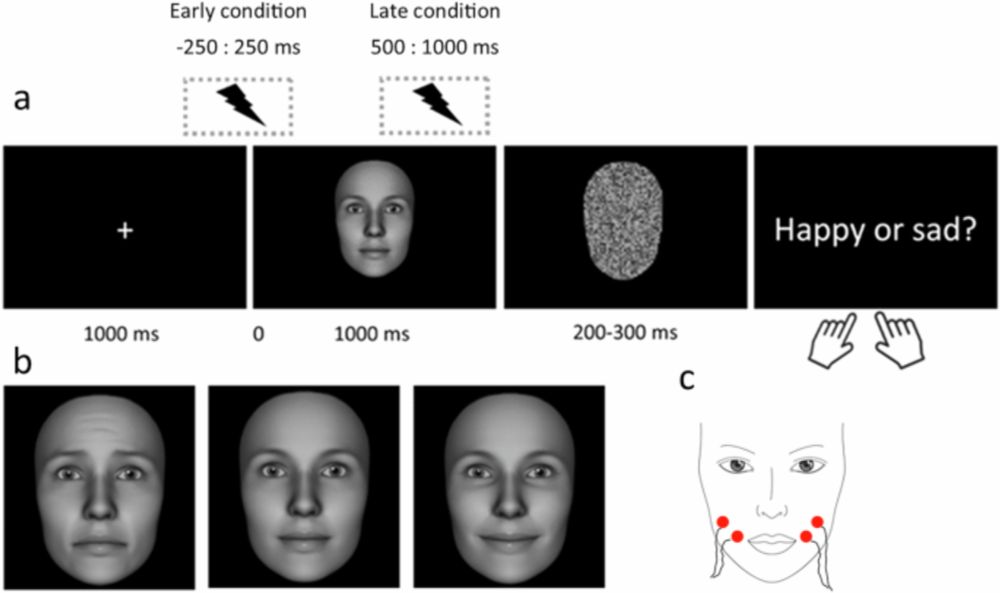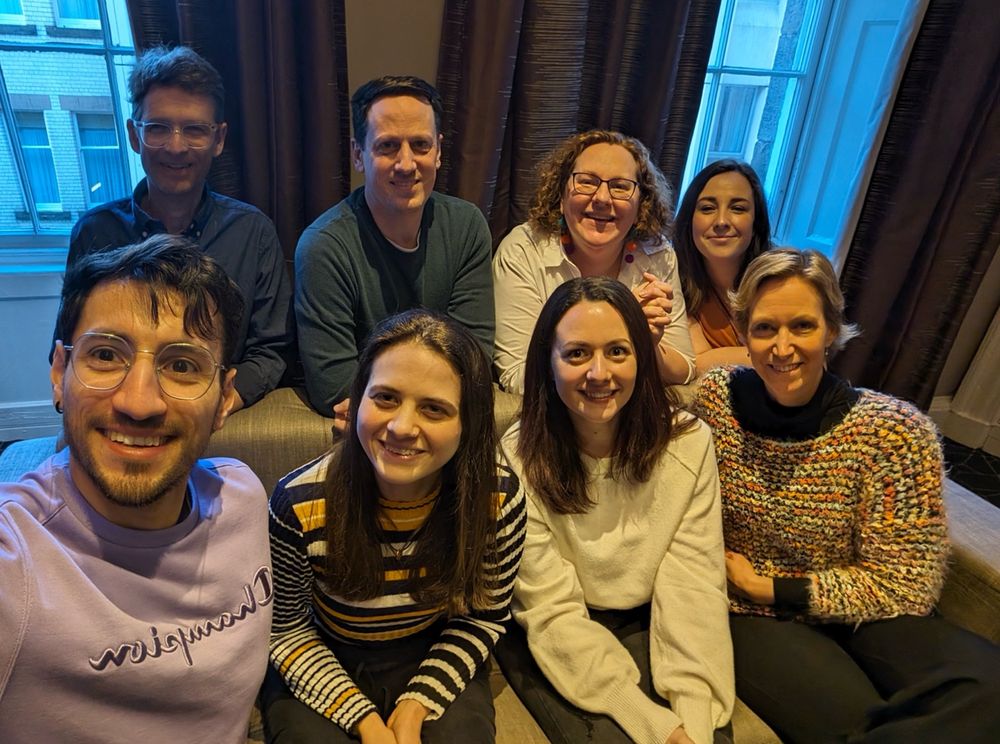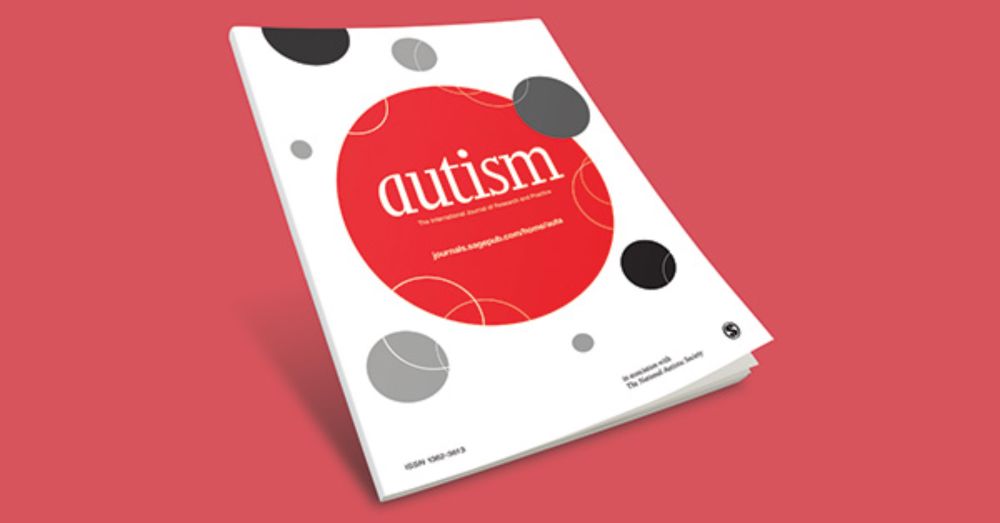Themis Efthimiou
@themisefth.bsky.social
480 followers
1.5K following
28 posts
Quantitative Researcher | Psychology PhD | R & Python
Posts
Media
Videos
Starter Packs
Themis Efthimiou
@themisefth.bsky.social
· Aug 29
Themis Efthimiou
@themisefth.bsky.social
· Aug 29
Themis Efthimiou
@themisefth.bsky.social
· Aug 29
Themis Efthimiou
@themisefth.bsky.social
· Aug 29

Diagnostic status influences rapport and communicative behaviours in dyadic interactions between autistic and non-autistic people
A growing body of research suggests that the behaviours and experiences of autistic and non-autistic people are influenced by whether they are interacting with someone of the same or different diagnos...
doi.org
Reposted by Themis Efthimiou
Reposted by Themis Efthimiou
Themis Efthimiou
@themisefth.bsky.social
· Feb 25

Social motor synchrony and interactive rapport in autistic, non-autistic, and mixed-neurotype dyads - Themis N Efthimiou, Charlotte EH Wilks, Sarah Foster, Michelle Dodd, Noah J Sasson, Danielle Ropar...
In non-autistic populations, social motor synchrony during interactions is linked to increased interpersonal rapport – a friendly connection marked by mutual un...
journals.sagepub.com
Themis Efthimiou
@themisefth.bsky.social
· Feb 25
Themis Efthimiou
@themisefth.bsky.social
· Feb 25
Themis Efthimiou
@themisefth.bsky.social
· Feb 25
Themis Efthimiou
@themisefth.bsky.social
· Feb 25
Themis Efthimiou
@themisefth.bsky.social
· Feb 25
Themis Efthimiou
@themisefth.bsky.social
· Feb 25
Themis Efthimiou
@themisefth.bsky.social
· Feb 25
Themis Efthimiou
@themisefth.bsky.social
· Feb 25

Social motor synchrony and interactive rapport in autistic, non-autistic, and mixed-neurotype dyads - Themis N Efthimiou, Charlotte EH Wilks, Sarah Foster, Michelle Dodd, Noah J Sasson, Danielle Ropar...
In non-autistic populations, social motor synchrony during interactions is linked to increased interpersonal rapport – a friendly connection marked by mutual un...
journals.sagepub.com
Themis Efthimiou
@themisefth.bsky.social
· Dec 20
Reposted by Themis Efthimiou
Themis Efthimiou
@themisefth.bsky.social
· Nov 12
Themis Efthimiou
@themisefth.bsky.social
· Nov 12
Themis Efthimiou
@themisefth.bsky.social
· Nov 12






